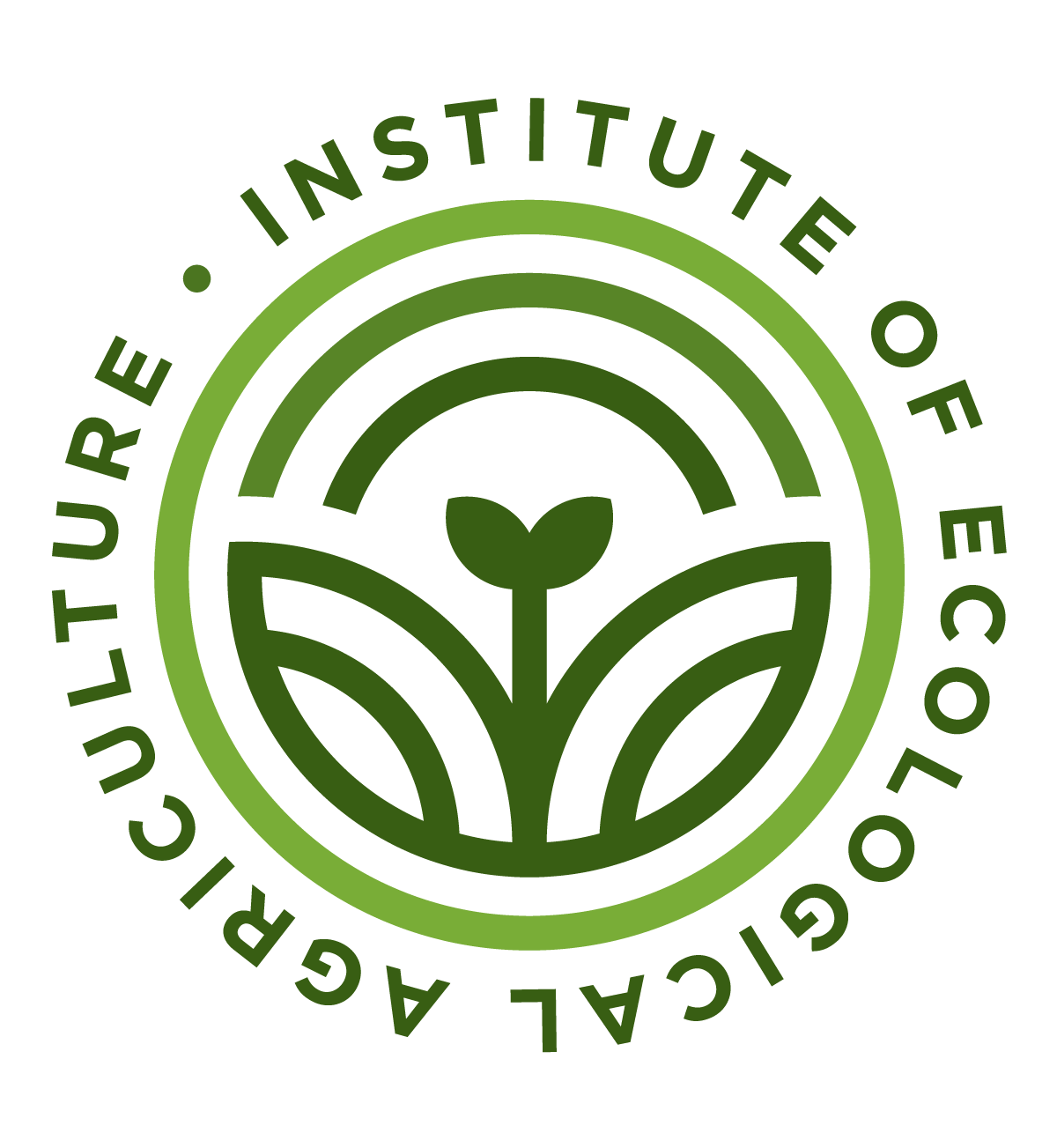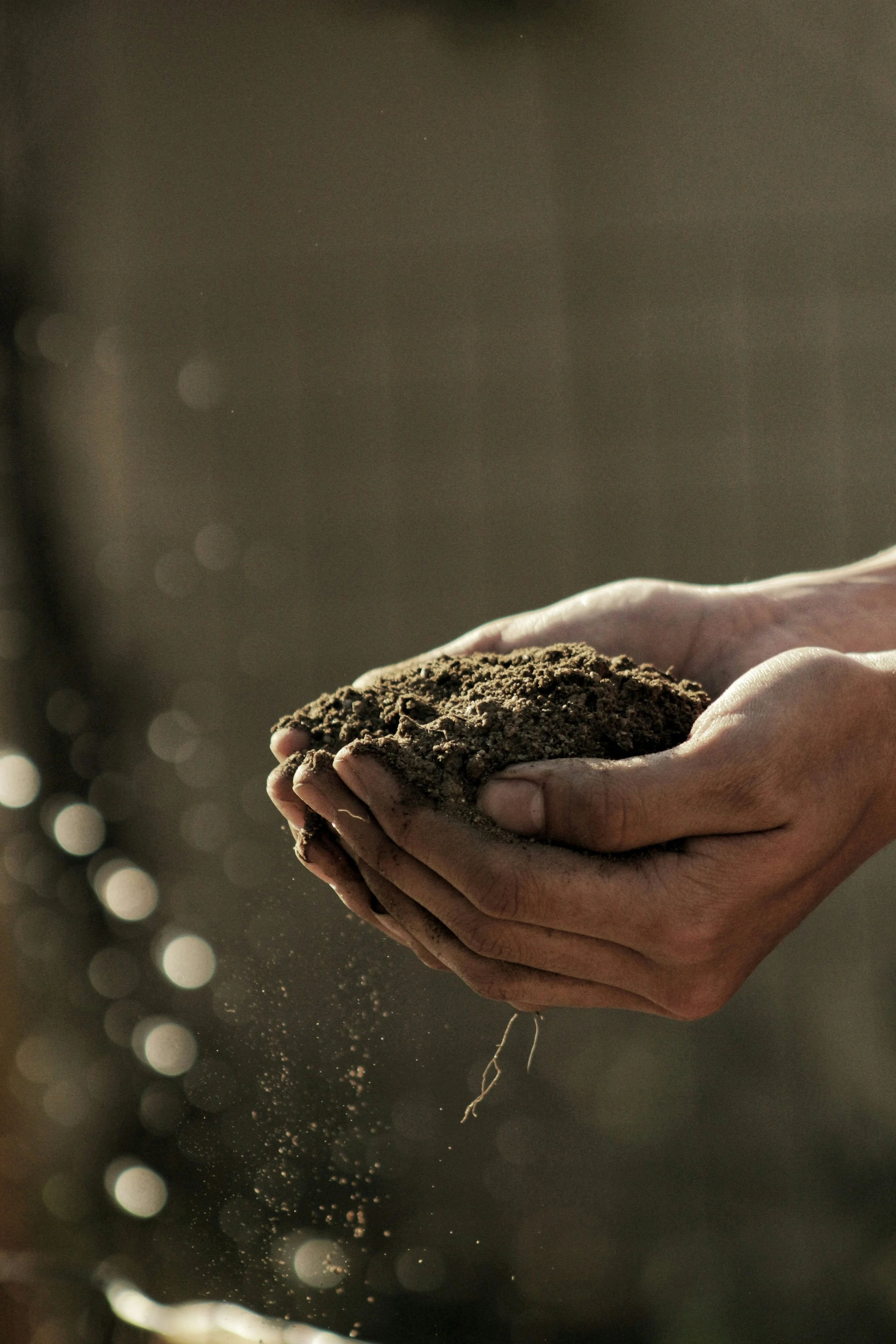
Calvin Muller Scholarship
Calvin Muller Regenerative Agriculture Scholarship
Photo by Gabriel Jimenez on Unsplash
Through the generous proceeds offered by Calvin Muller, IEA is able to offer annual scholarships of up to $50,000 per scholar to develop their Regenerative Agriculture knowledge and experience.
This scholarship is aimed at supporting people in the practice, management, and science of building healthy soils, healthy plants, and healthy people. The scholarship is custom designed and tailored to the individual applicants learning styles, needs and aspirations, supporting the scholar with the cost of their chosen education pathway. This may include but is not be limited to:
Short industry-based course enrolment fees,
University bachelor degrees/masters/PhD’s “top ups” (after Government contributions), and
Conference and forum attendance fees.
What is unique about this scholarship program is that the scholar is mentored over the course of their education by an IEA board education committee board member and provided with on the ground paid work experience with regenerative farmers and IEA members across Australia.
Five individual Scholarships are available in total with one scholarship being awarded annually, for the next five years. Each Scholar has three years to utilise their $50,000 Scholarship. Refer to the Application Guidelines and Terms and Conditions document at the bottom of this page.
Deadline - applications close 15 December, 2025.
What is included in the scholarship program?
Fees to attend short courses for example: Grazing and Farming for Profit, Holistic Management, and international online offerings.
University course fees for 3 years for agricultural/environmental based degrees for example: Southern Cross University’s Regenerative Agriculture, University of New England’s Rural Science, and Melbourne University Dookie College.
Conference and forum attendance fees at renowned conferences run by recognised industry associations in Australia for example: Holistic Management, Carbon Management, Farmers for Climate Action.
Ongoing mentoring over 3 years with qualified and experienced IEA education committee board members, and at the conclusion of the scholarship can apply to be an accredited IEA member.
Participation in the accreditation community of practice with exposure to educators and consultants.
Workplace practical experience with regenerative farmers and IEA members across Australia or within a specific region as designated by the scholarship provider which in this case is the Wimmera Southern Mallee region for a minimum of one month.
What is typically not included in the scholarship program, unless under exceptional circumstances on a case-by-case basis
Travel to attend courses and/or University
Accommodation or rent whilst attending University or short courses
Out of pocket incidentals
Past educational debts such as ‘HECS’ fees acquired through previous studies
What is involved in the application and scholarship process
Step 1: The applicant applies [by 15 December, 2025] to the IEA through the below online application form outlining their location details, previous agricultural education and experience and their goals, aspirations, and reasons for wanting to undertake education in the ecological and regenerative space.
Step 2: All applicantions will be reviewed by the Education Sub-Committee by January 16, 2026. If successful in getting to the next phase of the scholarship application process, applicants will be asked to attend an online interview with the Scholarship Selection Committee, which will include the scholarship provider.
Step 3: If the applicant is unsure which training or courses may best fit their ecological agricultural career aspirations, the Education Committee can assist by outlining available options to the potential candidate. It is not mandatory that the applicant has professionaol development courses in mind at the time of application. If the applicant only requires scholarship to attend workshops and conferences, already holding tertiary qualifications, a part scholarship can be offered. If the applicant wishes to utilise scholarship funds to build on existing qualifications into Masters or PhD level studies, this will also be considered in the form of “top up” funding. Noting a successful scholarship holder is excluded from re-applying for a period of five years from completion of their scholarship.
Step 4: The successful candidate will be advised of the terms of the scholarship and allocated a Mentor to support them through their custom designed education and experience program. Professional Development course and workshop fees will be paid by the Institute on behalf of the scholar with all money being managed through the IEA administration. Funding is continued each year, subject to the approval of the Scholarship Committee and the satisfactory completion / passing of course units by the scholarship recipient.
Step 5: The scholarship recipient will be required to present their learnings and insights to the IEA Board and the local farming community at a local field day event in the Wimmera Southern Mallee region.
Origins of the scholarship
Calvin Muller
Calvin Muller
Calvin Muller is a retired broadacre farmer from the Wimmera Southern Mallee region of Victoria. He is committed to regenerative agriculture and associated practices to improve soil health and landscape function.
Calvin was brought up on a family farm at Warracknabeal. They produced wheat and sheep, then in later years, introduced medic clover along with a three-year rotation and produced their own natural nitrogen.
In 1997, Calvin started introducing direct drilling of crops, following up with growing multi-species green manure crops. This program was highly successful in that nitrogen fertilizer was not required for the next 30 years.
Why is Calvin offering this scholarship?
Over the past 30 years, the soils in the Wimmera/Mallee region of Victoria have lost almost all their soil life and have developed a hard pan at 40/50 CM.
The penetration of crop roots and rainfall is extremely limited. The use of chemicals and artificial fertilizers is becoming uneconomic. Soil organic carbon levels are below 10% in the region.
Consequently, Calvin’s aim is to help restore soil health through the introduction of this scholarship. The intended purpose of the Calvin Muller Scholarship is to minimise the usage of weed control chemicals, nitrogen-based fertilizer products and other chemicals currently used in conventional farming to regenerate and restore landscapes, whilst maintaining crop yields and nutrient levels for healthy food.
Enquiries
-
For questions about the scholarship, connect with Bernard Callus.
Please email Bernard with your enquiry and if needed, Bernard will arrange a time to connect via phone to discuss further.bcallus@ecoag.org.au
-
To discuss this scholarship further in the media please connect with IEA President Dr Ethan Gordon
egordon@ecoag.org.au



